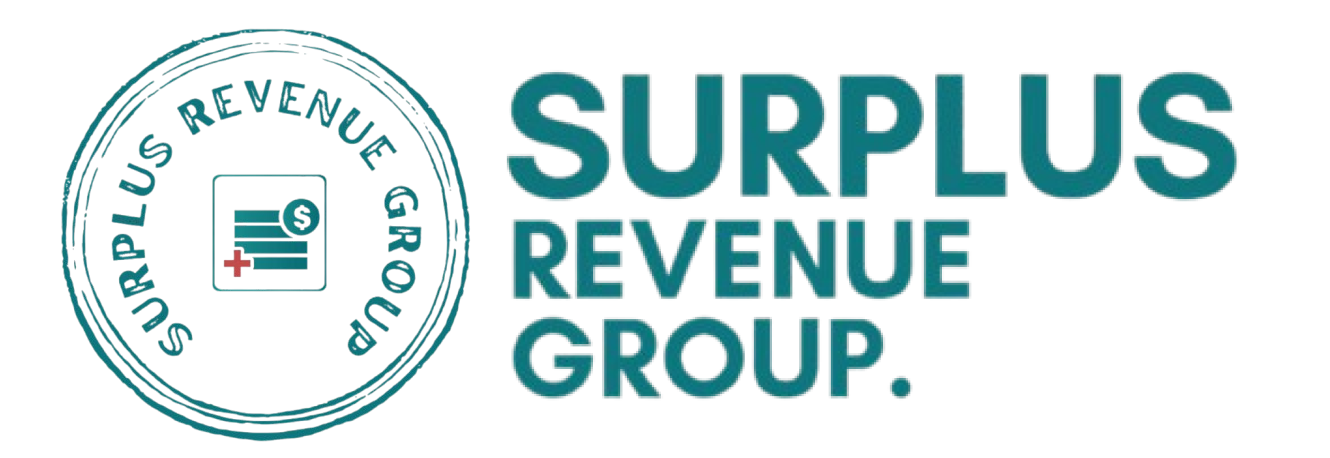Claim denials are one of the most frustrating challenges in medical billing. Whether you’re a healthcare provider or a medical biller, having a claim denied can feel like a major setback. You’ve done the work and submitted the claim, but it still comes back denied. Understanding common denial codes in medical billing can help you reduce these denials and improve your revenue cycle.
In 2025, stricter payer rules mean even minor mistakes can lead to costly claim denials. Understanding common medical billing denial codes is essential to prevent these rejections before they happen. By knowing the top denial codes, healthcare providers and billers can reduce delays and improve cash flow. And when denials occur, being ready to fix and resubmit claims quickly is key to maintaining a smooth revenue cycle. In this guide, we’ll cover the most frequent claim denials in medical billing 2025 and share proven strategies to avoid them.
Why Do Claims Get Denied?
There are many reasons a claim might get denied. The most common ones include
- Billing errors (wrong codes, incorrect modifiers)
- Missing or incorrect information (like insurance ID or demographic data)
- Issues with patient eligibility or coverage
These mistakes can delay payments, frustrate staff, and hurt cash flow. That’s why many practices now outsource medical billing services. A professional medical billing company can handle denials and boost your clean claim rate.
Top 10 Common Denial Codes in Medical Billing
Denial codes are standardized messages from insurance companies that explain why a medical claim was not paid. Understanding these codes is essential for streamlining your revenue cycle and minimizing revenue loss. The top denial codes typically point to issues such as incomplete documentation, incorrect patient information, lack of prior authorization, or services that are not covered under the patient’s insurance plan. Let’s break down the most frequent denial codes and how to prevent each one.
1. CO-4 – Missing or Invalid Modifier
This denial occurs when a required modifier is missing or doesn’t match the procedure code. Modifiers are essential in medical billing because they explain how, where, or why a service was performed. Without the correct modifier, insurance payers will reject or deny the claim, causing delays in claim processing.
How to Prevent CO-4:
- Use the correct modifier with each CPT code
- Check for compatibility between procedures and modifiers
- Educate your coding team regularly on guideline updates
2. CO-11 – Diagnosis Code Doesn’t Match Service
CO-11 pops up when the diagnosis doesn’t support the service billed. Basically, the payer thinks the procedure isn’t medically necessary.
How to Prevent CO-11:
- Make sure diagnosis codes reflect the actual condition treated
- Match services to relevant diagnoses
- Keep coding guidelines updated and reviewed
3. CO-15 – Missing or Invalid Authorization
This denial code means the claim was submitted without the correct prior authorization number. Many services require approval before treatment, and if the authorization is missing or wrong, the claim will be denied.
Fixing and Preventing CO-15:
- Always check if prior authorization is needed
- Enter the auth number in Block 23 on the CMS-1500 form
- If missed, request retro-authorization where allowed
- Review and verify authorization before submitting claims
4. CO-16 – Missing Required Information
CO-16 means critical information is missing from the claim this could be a demographic detail, a required modifier, or the provider ID. Sometimes, the Clinical Laboratory Improvement Amendments (CLIA) certification number is incorrect or left out, leading to claim denial.
What to Do:
- Check the attached remark codes for specifics
- Correct and complete all required fields before submission
- Run pre-submission checks using billing software
5. CO-18 – Duplicate Claim
This denial occurs when the same claim is submitted multiple times without indicating it’s a corrected or adjusted claim. If not properly marked, the payer will reject it as a duplicate claim.
Avoiding CO-18:
- Track your submitted claims
- Don’t resend unless you’re correcting or following up
- Use proper codes to indicate it’s a corrected claim
6. CO-29 – Late Filing
Every insurance payer has a strict filing deadline. If your claim is submitted after that deadline, you’ll receive a CO-29 denial. Late claims are automatically rejected, so it’s crucial to track and meet each payer’s timelines
How to Stay Ahead:
- Know each payer’s filing window
- Submit claims as early as possible
- Keep proof of timely filing in case you need to appeal
7. CO-97 – Non-Covered or Bundled Service
CO-97 shows up when the insurance payer either doesn’t cover the service or considers it bundled with another procedure. In other words, they won’t pay separately because it’s included in another billed service. Always verify coverage and bundling rules before submitting claims
Tips to Prevent CO-97:
- Verify patient benefits before the appointment
- Explain exclusions or bundled services to the patient upfront
- Submit documentation proving medical necessity when appropriate
8. CO-222 – Units or Time Limit Exceeded
This denial shows up when you bill for more than the allowed number of sessions, hours, or units within a given time period.
Prevention:
- Track usage limits per payer contract
- Monitor service units across all patient visits
- Get pre-approval for extended care if needed
9. CO-45 – Exceeds Allowed Charge
This denial usually relates to charges higher than the payer’s allowable amount. It may also show up as PR-45, meaning the patient is responsible (copay, deductible).
How to Handle CO-45:
- Understand your payer’s fee schedules
- Adjust fees where needed
- Explain financial responsibility to patients clearly
10. CO-167 – Procedure Not Covered
Some services aren’t covered by insurance at all. If you get CO-167, it means the payer rejected the claim because the service is excluded under the plan.
Steps to Fix CO-167:
- Verify coverage before delivering the service
- Review payer policy and diagnosis rules
- Educate your staff on common coverage exclusions
Improve Your Cash Flow By Outsourcing Your Medical Billing Services to SRG
In 2025, dealing with denial codes in medical billing has become more difficult as payer rules tighten, and even minor errors like incorrect modifiers, outdated codes, or missing prior authorization can lead to medical billing denials. Fortunately, most of these issues are preventable with the right partner. Our expert team at SRG understands the full scope of billing challenges healthcare providers face, from CO-16 (missing information) to CO-29 (late submissions) and CO-97 (non-covered services). We don’t just respond to denials; we prevent them with clean claim submissions, accurate coding, eligibility checks, and timely filing. By outsourcing your revenue cycle management to us, you gain a trusted partner focused on reducing denials, increasing collections, and keeping your practice financially strong. Let us handle the billing, appeals, and payer communication so you can focus on what matters most—caring for your patients. With SRG, medical billing is simpler, faster, and more reliable.



